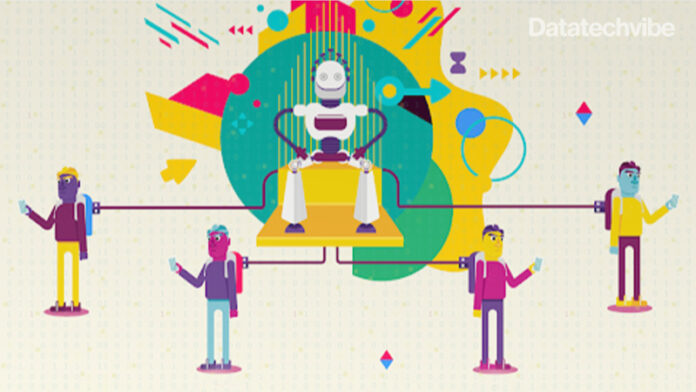Jobs for the Future releases new survey on artificial intelligence and the future of work.
More than half of adults believe they need to gain new skills to prepare for the impacts of artificial intelligence – with one-third believing it necessary to do so within the next year – according to a new survey commissioned by Jobs for the Future’s Centre for Artificial Intelligence & the Future of Work.
“Both learners and workers understand the impact of AI will be profound. There’s a real willingness to seek training and harness the potential of AI at work. Still, workers also are sceptical of where to find support,” said Alex Swartsel, who leads JFF’s Center for Artificial Intelligence & the Future of Work. “This is a critical moment: we need to inform and upskill our entire workforce, and we especially need to ensure that no one is left behind.”
As the integration of AI into how we learn, work, and live quickly, more workers are open to learning opportunities for using AI at work (58%) than they are concerned about AI taking away their job (29%) or hurting their company (35%). While most (88%) do not yet trust their employers to support them in understanding AI, individuals who have already encountered AI in their current jobs are more than twice as likely to feel AI would do more good than harm.
Even so, the impact of AI is nascent: today, fewer than 1 in 10 are currently experiencing AI in their jobs. A quarter of adults feel sceptical (26%) about the future impact of AI on their own life–more so than fearful (17%), neutral (16%), hopeful (17%), or excited (10%).
When examining the perspectives of adults in the United States by race, gender, and income, several differences emerge that merit attention as we work to ensure the equitable impact of AI:
Relative to men, women are more bearish on AI. Women were less likely than men to feel that AI would benefit workers (46% less likely) and education (37% less likely), and 62% less likely to feel excited or hopeful about AI’s impact on their lives.
Black respondents view AI more positively than White respondents. When comparing the views of Black and White respondents, Black respondents were 62% less likely to say AI would do more harm than good.
Younger workers feel more pressure to upskill. Gen Z and Millennial workers (66% each) were more likely than Gen X (52%) or Baby Boomer (43%) workers to feel they needed to upgrade their skills because of AI.
Scepticism about AI’s value and impact is higher among those earning less. Compared to those making more than $100,000 per year, respondents making less than $50,000 annually were 40% less likely to feel AI’s impact would be net positive and 38% less likely to feel that AI would benefit workers and education.
“While AI certainly poses challenges, we also see astonishing opportunities for how it can transform the very ways we prepare workers for an evolving workplace,” said Maria Flynn, JFF’s president and CEO. “The work ahead of us looms large. It will require us to listen to workers’ experiences and to convene employers, policymakers, and solution designers to ensure AI systems integrated into the classroom and the workplace do not perpetuate or introduce new biases. It means retooling our education and workforce systems to prepare workers adequately. But, I am confident that we can harness the impact of AI to lift millions more workers into quality jobs.”









